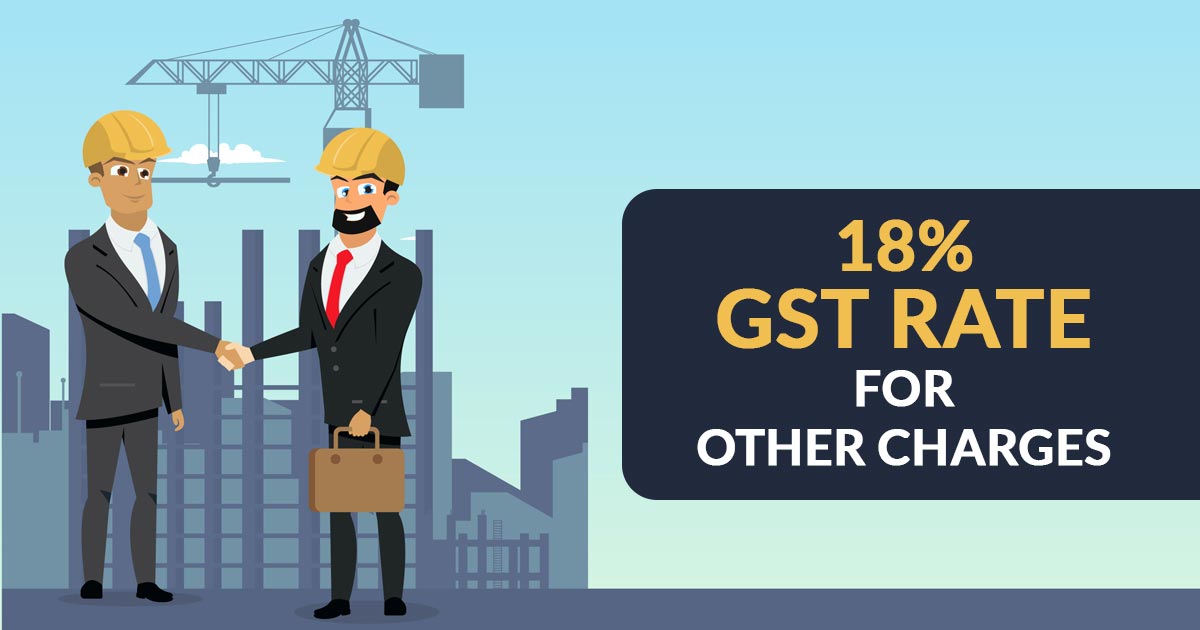
The GST-Authority for Advance Rulings (AAR) provided the ruling for Puranik builders which seems to influence the builders as well as buyers as it raises the price. The AAR urged that the other charges obtained through the builder beneath the sale agreement shall not be composite supply and needs to be levied GST at 18%.
From 1st April 2019 on housing projects which do not come under the cheap housing segment upon that the GST is to be taxed at 5% excluding the ITC. Towards the current projects, the builder poses the choice to furnish the GST at the older rate with 12% with ITC that reveals taxes filed on inputs can be set off.
While inside the assessment the advance ruling is good to the tax council and inevitably follows stated CA. if the assessee supposes the builder chooses the distinct approach, litigation results.
The agreement towards the sale brought through the “residential construction company Puranik builders of Thane was complex” of majority builder agreements through 2 elements mentioned in a dual way. These were the revisions for the main construction activity and the additional charges.
The latter combined charges for installation of electric meters, water connections, advance maintenance, and club-house maintenance till the formation of the society, legal fees, etc. these charges has been obtained from the purchase during the time of furnishing the agreement or during the time of providing the possession of the flats. While the builder was obtaining GST at 18% on the other charges it addressed the AAR towards ruling upon the applied rate.
It is directed that the services beneath the other charges must be operated like the composite supply (bundled through the supply of the main construction activity). Hence, the GST rate on the principal supply (currently 5% for new projects) must apply.
AAR notified that the acknowledgement is charged in a dual way for distinct services. It also stated that it was ironical that during the stamp duty was filed on the sale value of the flat that does not include the value of the other charges, which has been translated to lower stamp duty when it is the concern about the GST payments the builder has furnished that the other charges is the portion of the main construction activity. The AAR ruled that the GST of 18% shall be applicable on the services on the other charges. The builder needs to file the GST upon the whole amount obtained as the additional charges excluding any exemption.
“The advocate who has expertise in indirect taxes revealed that: No one will buy a flat without an electricity or water connection. Buyers urged basic facilities to be maintained by the builder till a society is formed. Thus, treating such charges as non-composite will add to complexities and costs for the real estate sector.”









